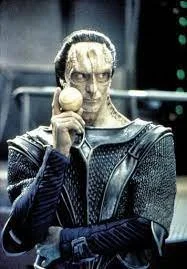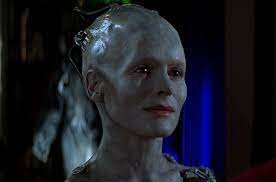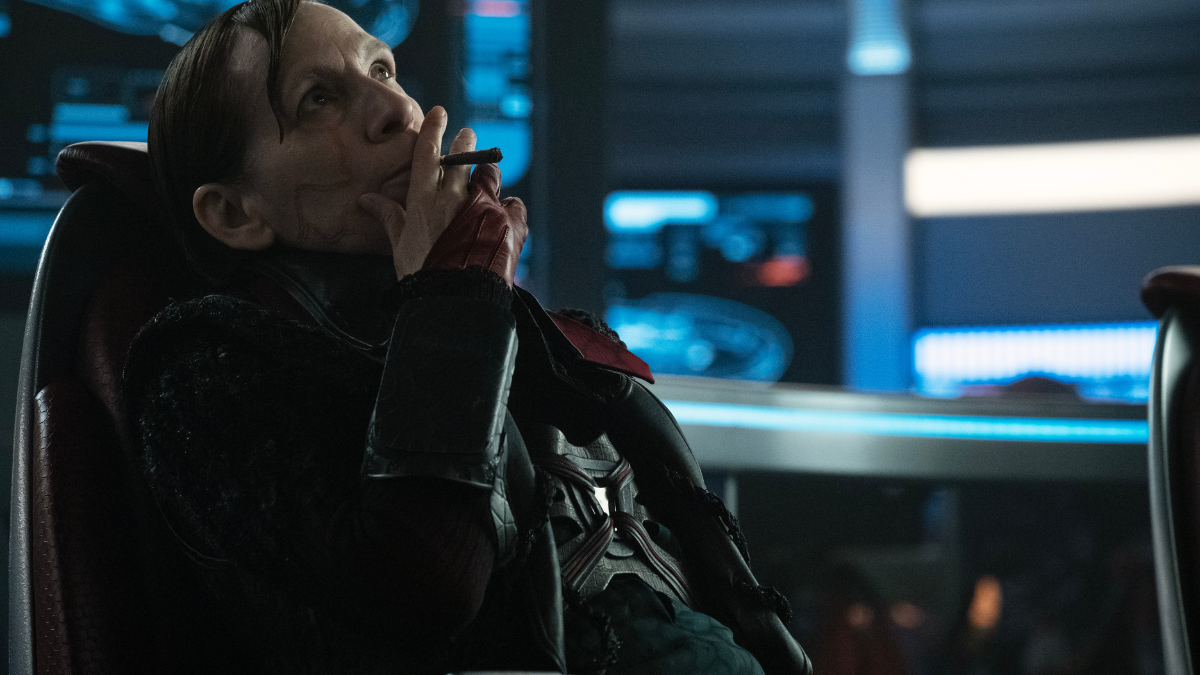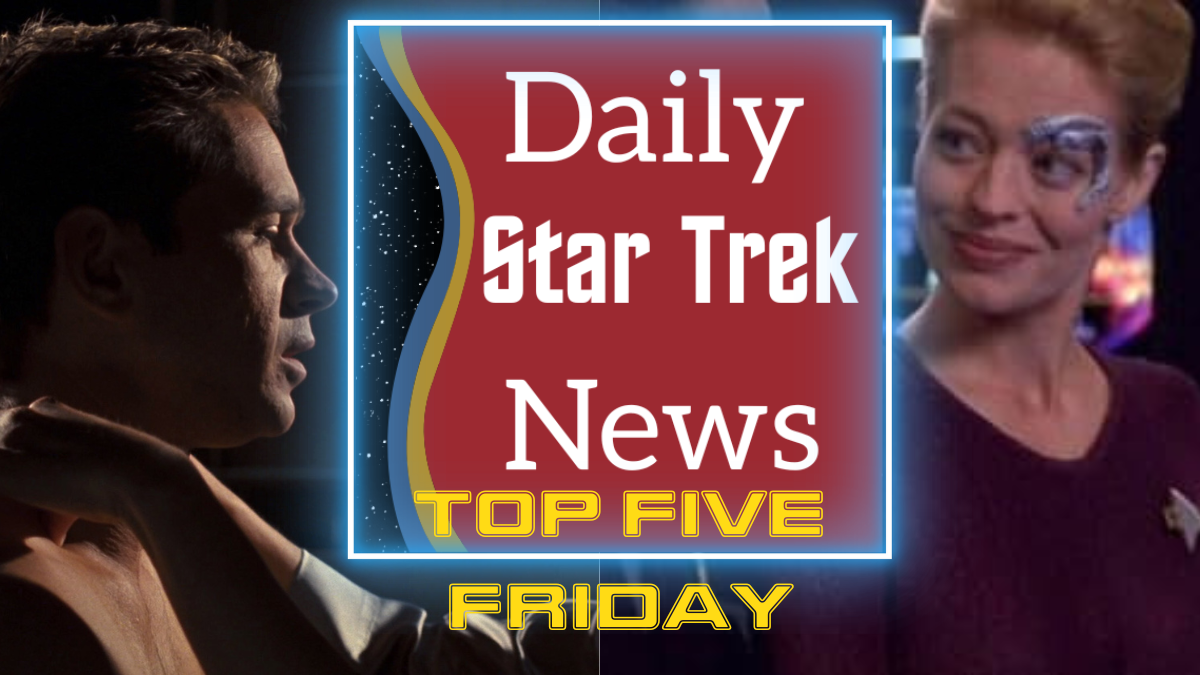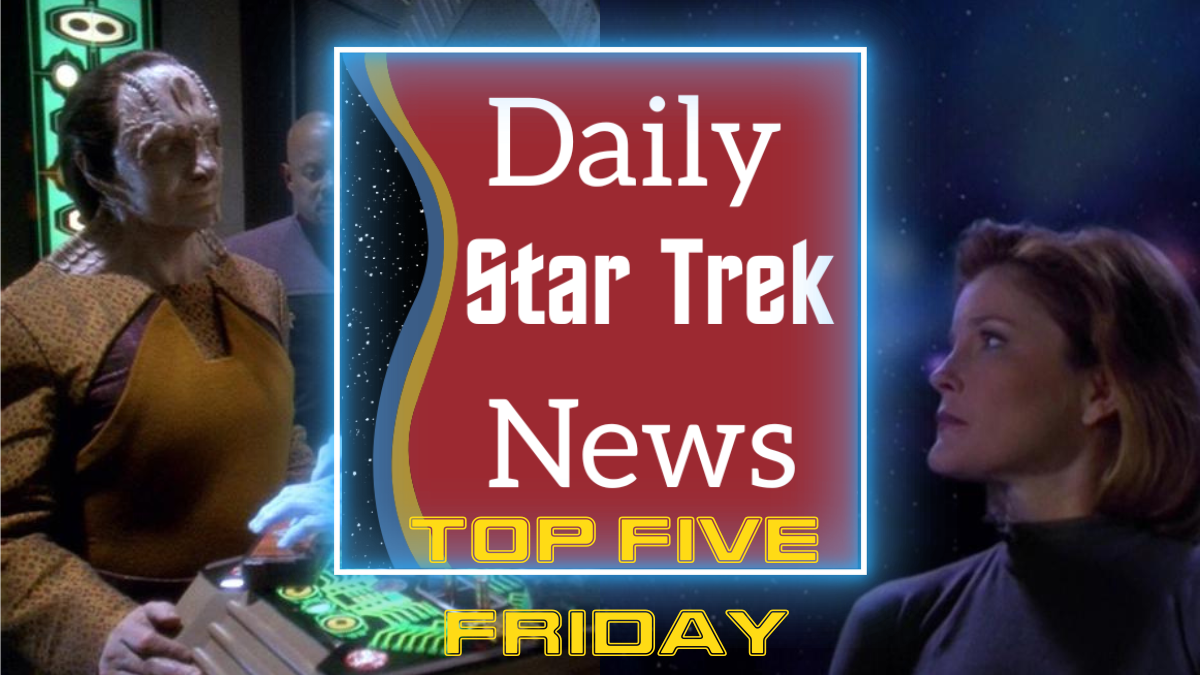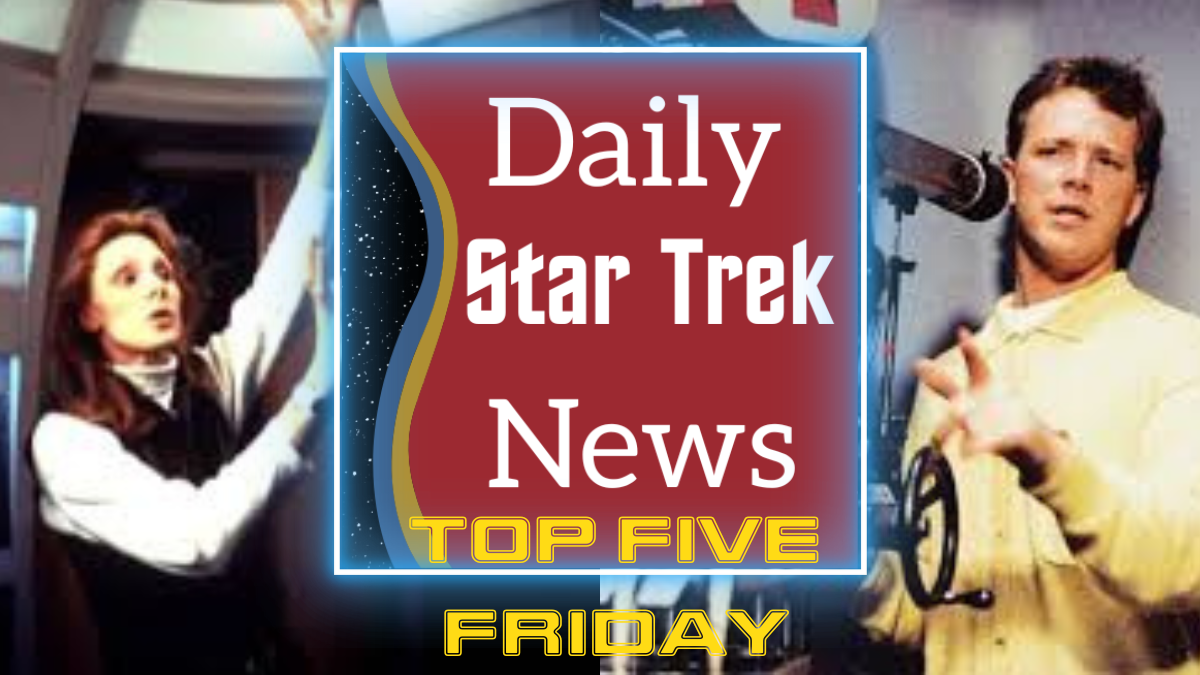TOP FIVE FRIDAY: Villains Who Were Actually Right
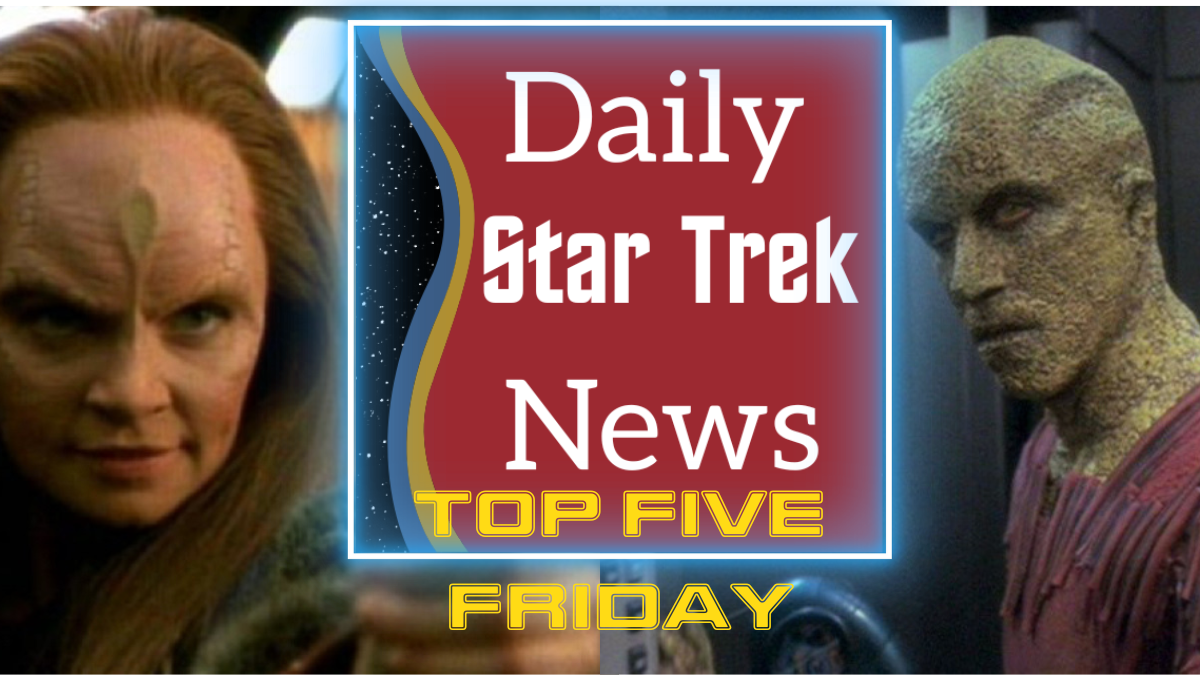
Star Trek, renowned for its exploration of complex ethical and moral dilemmas, often presents the United Federation of Planets as an idealistic, benevolent force. However, the series is also known for its intriguing antagonists, some of whom have valid criticisms of the Federation. Here's a look at the top five Star Trek villains who, upon closer examination, may have actually been right in their viewpoints.
5. Gul Dukat
Marc Alaimo, Star Trek: Deep Space Nine
Initially portrayed as a ruthless Cardassian military leader, Gul Dukat's character evolves throughout DS9. His actions, while often despicable, stem from a deep-seated desire to regain the prestige of Cardassia and protect his people from perceived threats, including the Federation. His belief that the Federation's involvement in Cardassian affairs is more self-serving than altruistic resonates with the realpolitik of interstellar diplomacy.
4. Khan Noonien Singh
Ricardo Montalban, Star Trek: The Original Series, Star Trek II: The Wrath of Khan
Benedict Cumberbatch, Star Trek Into Darkness
A product of 20th-century genetic engineering, Khan is a brilliant yet ruthless leader. His rebellion against the Federation is driven by a belief in his own superior capabilities and the inefficiency he perceives in Federation governance. Khan's argument about the dangers of complacency and stagnation in a utopian society raises important questions about the balance of power and the nature of leadership.
3. The Borg Queen
Alice Krige, Star Trek: First Contact, Star Trek: Voyager, Star Trek: Lower Decks
Susanna Thompson, Star Trek: Voyager
Annie Wersching, Star Trek: Picard
As the embodiment of the Borg Collective, the Borg Queen's actions are driven by a desire for perfection through assimilation. Her philosophy challenges the Federation's celebration of diversity and individuality. The Borg's approach, while extreme, raises questions about the potential strength found in unity and the loss of individual identity for a greater good.
2. Lore
Brent Spiner, Star Trek: The Next Generation, Star Trek: Picard
Data's malevolent twin brother, Lore, is resentful of humans and the Federation's preferential treatment of Data. Lore's actions are fueled by a sense of injustice and a desire to prove his worth. He challenges the Federation's sometimes arbitrary moral judgments and their treatment of artificial life forms, highlighting issues of AI rights and autonomy.
1. General Chang
Christopher Plummer, Star Trek VI: The Undiscovered Country
A skilled Klingon warrior and diplomat, General Chang is deeply suspicious of the Federation and opposes peace efforts between the Klingon Empire and the Federation. His skepticism about the Federation's intentions and its commitment to true equality for all species is indicative of the often glossed-over imperialistic tendencies within Star Trek's utopian vision.
In summary, these Star Trek villains offer a critical perspective on the Federation, highlighting its flaws and the complexities of its moral and ethical stance. By examining their viewpoints, we gain a deeper understanding of the intricate narrative woven throughout the Star Trek universe, one that acknowledges that even in a utopian future, conflicts and differing ideologies will always exist.
Have a different list? Let us know in the comments!
Chris Post is a life-long fan of Star Trek who has been working in journalism for nearly 25 years.

